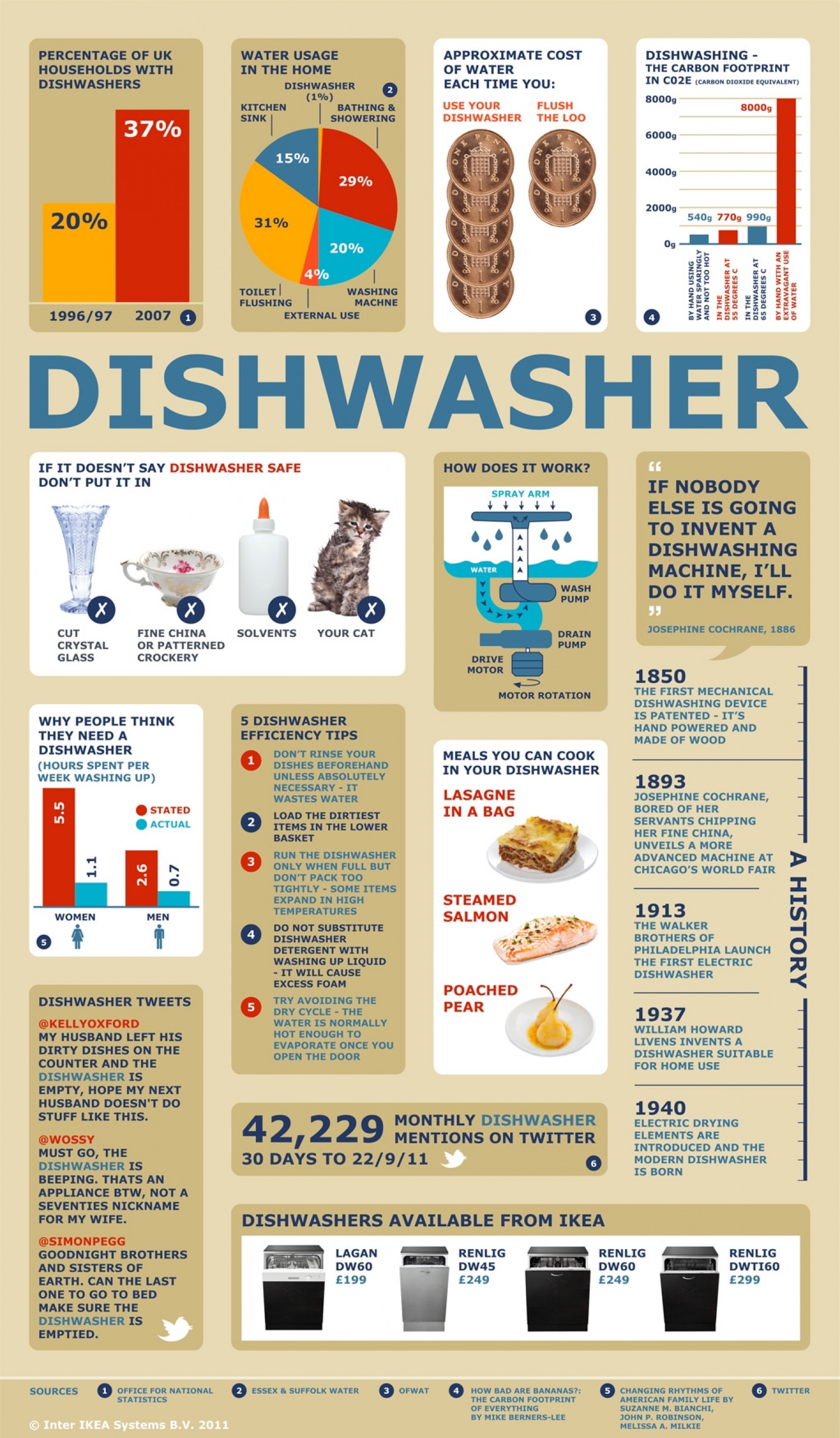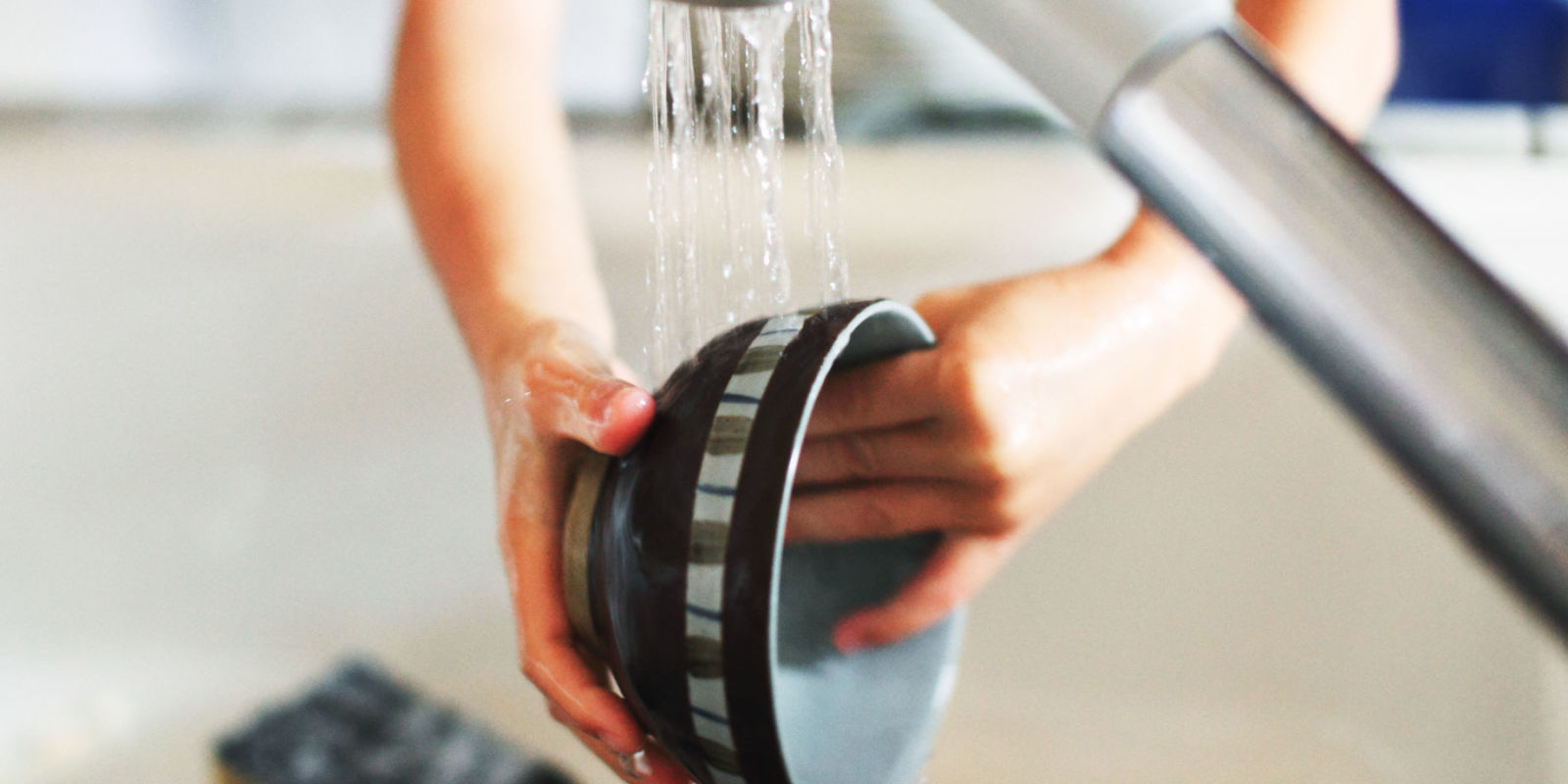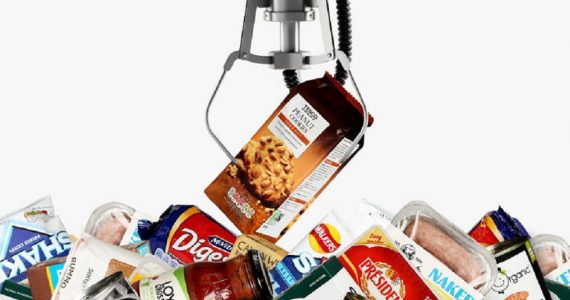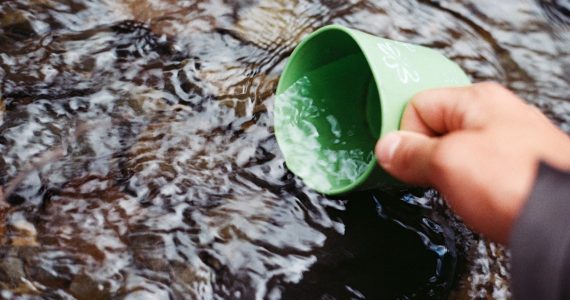Almost everyone hates washing the dishes, it is just something that no one wants to end up doing. Which is why when dishwashers was invented back in the 1800. It has been part on almost every household since then and it has never been easier for families to get the dishes done. Dishwashers basically save so much time and effort for everyone since people wouldn’t exactly need to stand on their sink and wash them all. However, according to an expert, people have actually been doing the wrong thing when it comes to putting in our dishes in the dishwashers, continue reading to find out more.

Experts Reveal Rinsing Is Not The Best Idea
A scientist from Procter & Gamble revealed in an interview while on the Today Show that rinsing the dishes before you put them in the dishwasher is actually not a good idea at all. For years now, people have been used to rinsing the plates before popping all into the dishwasher and then would press the start button. Morgan Brashear of P&G said that it is something now everybody knows, but it is best to not rinse the dishes before putting them in and let the dishwasher do its magic.
She explained that those who own some of the most advanced dishwashers actually have some sensors in them that would eventually let itself know how long does it need to wash the dishes. This is despite the normal feature on the panel became the length, as well as the temperature of the cycle, would have to depend on the how dirty the dishes are. The sensors basically identify the level of dirt on the dishes so there is no need for rinsing.
The scientist also mentioned that because of these new sensors and the other advanced features of dishwashers, the rinsing part could take place inside the dishwasher and it would also do what manual rinsing does, which is remove any loose soils. Things such as gravy, ketchup, and any other crumb that was left on the plate will be removed without having to get rinsed first.
Since the dishwashers are technically advanced, it will be able to identify if ever a certain plate or container has some leftover food on it and it will basically just continue on running through the cleaning cycle. However, if a helicopter cleaner has been pulled off and then you end up having to rinse almost every single plate, the containers, and dishes that have some leftover crumb on it that is stuck, nothing will eventually come off during the pre-wash cycle. This is because the dishwasher would then figure out that there are no more foods left and so it will run a shorty cycle.
That would just mean that there will actually be some food left on the dish since it wasn’t identified by the helicopter cleaner. Advanced dishwashers also have a filter system that would then serve as some sort of internal garbage disposal that would help out when it comes to getting rid of the gunk. The filter system usually runs quietly and it, of course, it has to be clean regularly so that it could run as best as it can and wouldn’t cause you any trouble.
Rinse & Scrape
Cleaning expert Maeve Richmond reminded everyone that a dishwasher isn’t exactly a garbage disposal. Some people tend to not get rid of huge chunks of food from their dishes, what they don’t realize is that if there are too many solid foods in the dishwasher, it could slow down. For those who are using the old versions of dishwashers, then feel free to rinse everything off and make sure that the chunks and crumbs of food are gone before you put it in.
 No need to rinse dishes before going into the dishwasher says experts
No need to rinse dishes before going into the dishwasher says experts
Scraping off all the food is the best option. However, those who have the newer versions, it is still not ideal to leave solid foods on the dishes that would go into the dishwasher. Any machine could slow down and give up if it is being used the way it is supposed to be. Based on the most recent Consumer Reports, dishwashers that have been sold over the past five years have done its job quite well with the use of right detergent.




